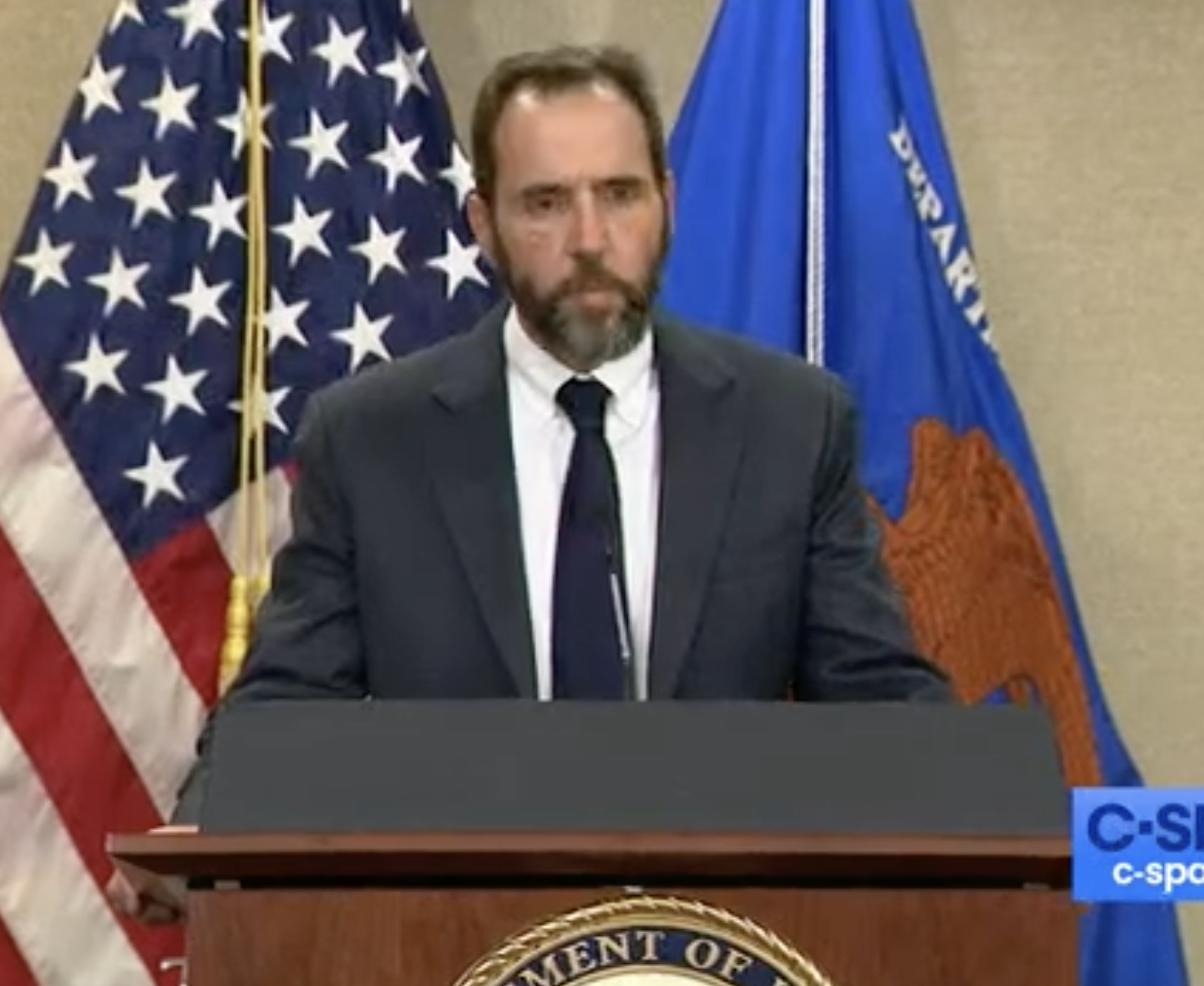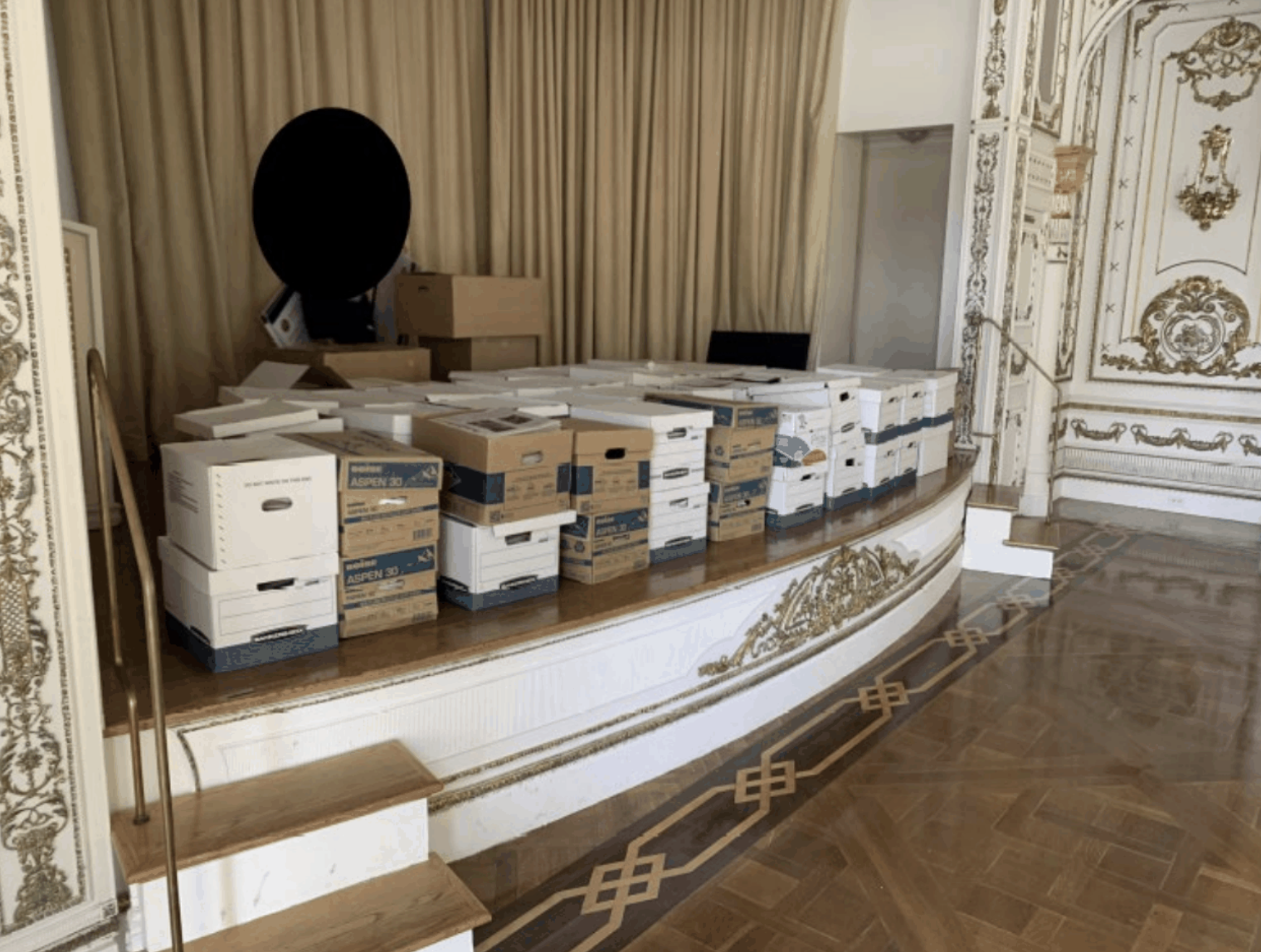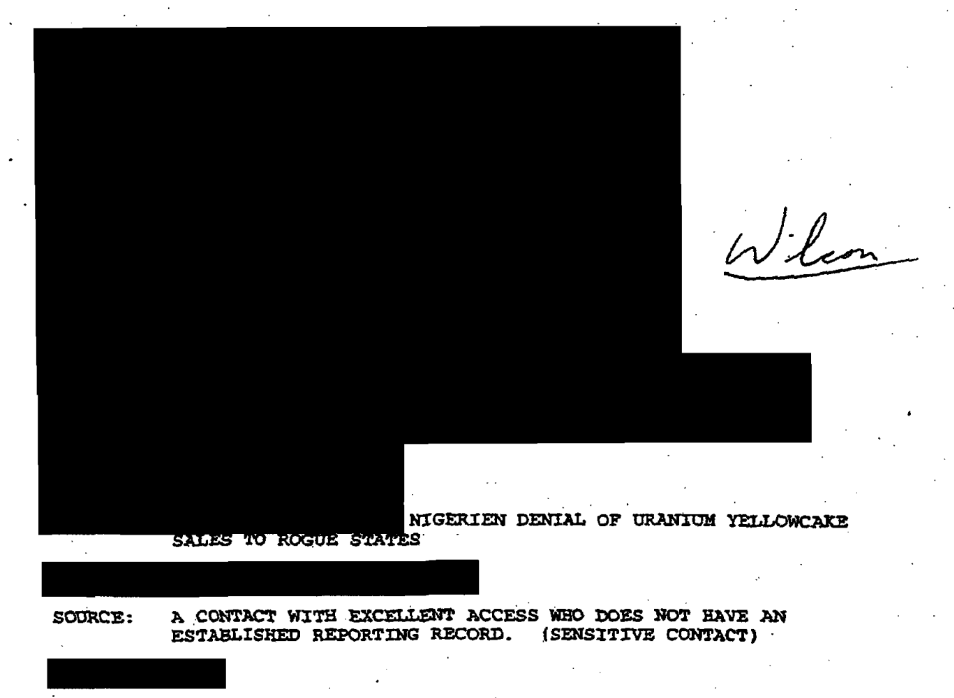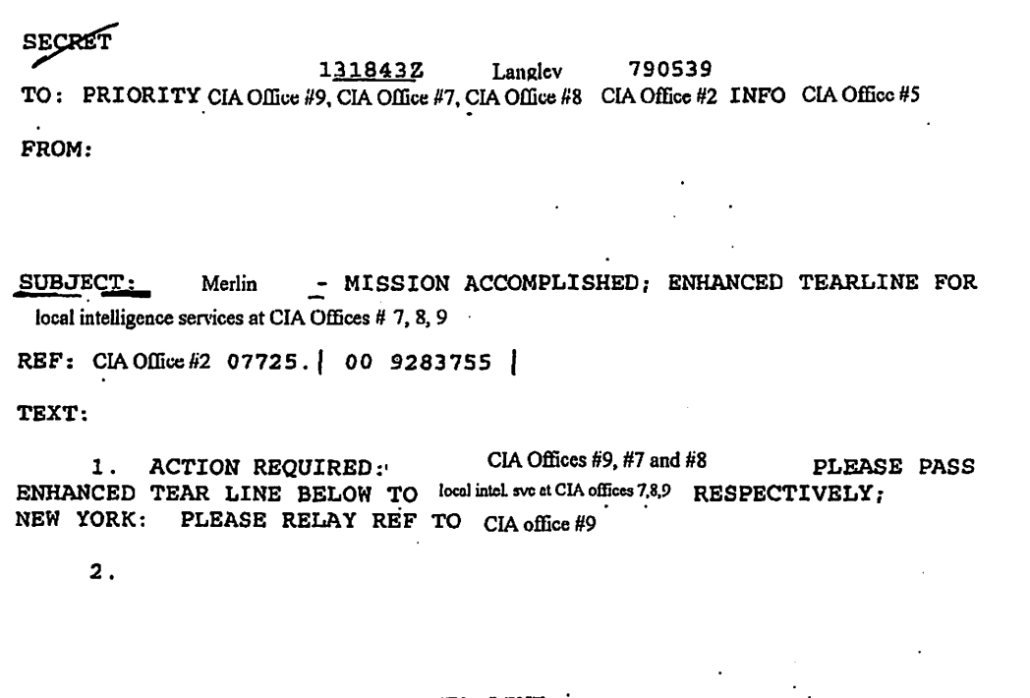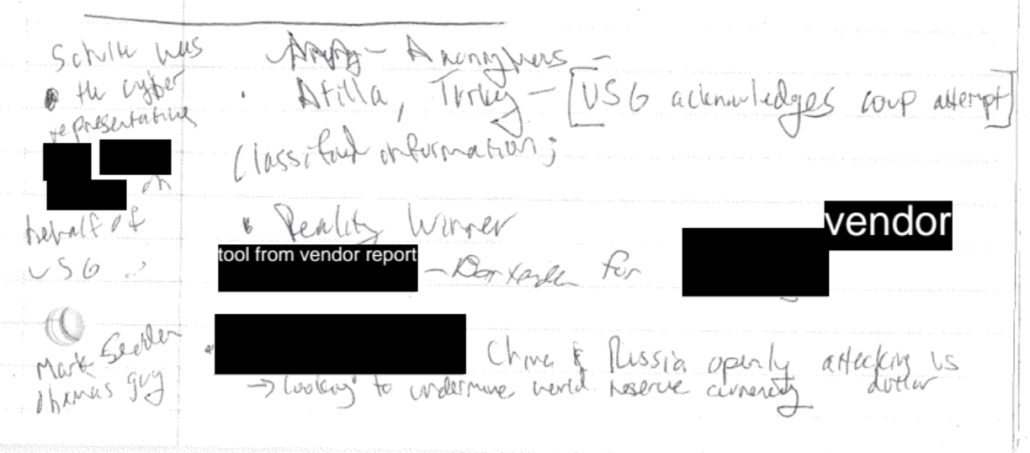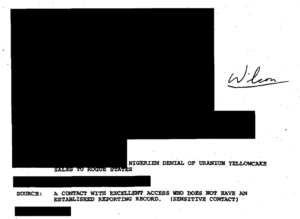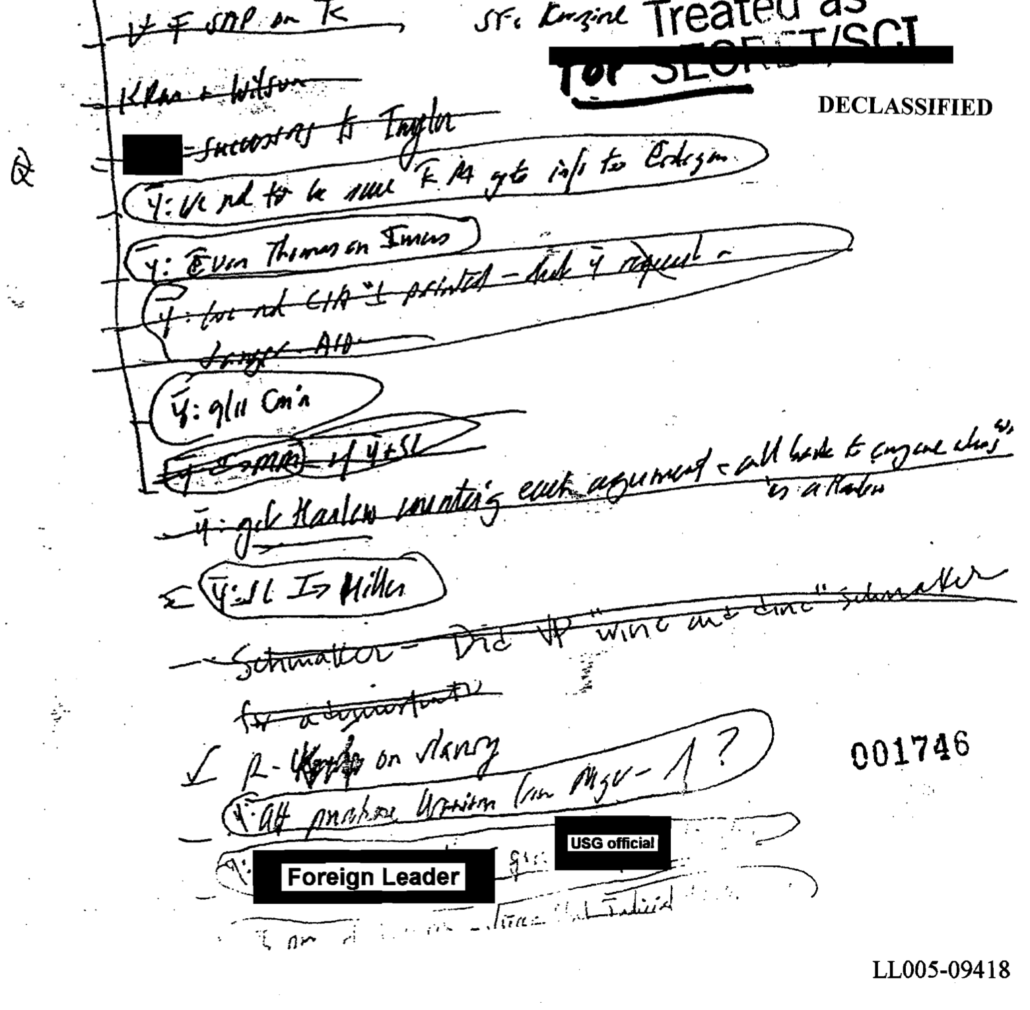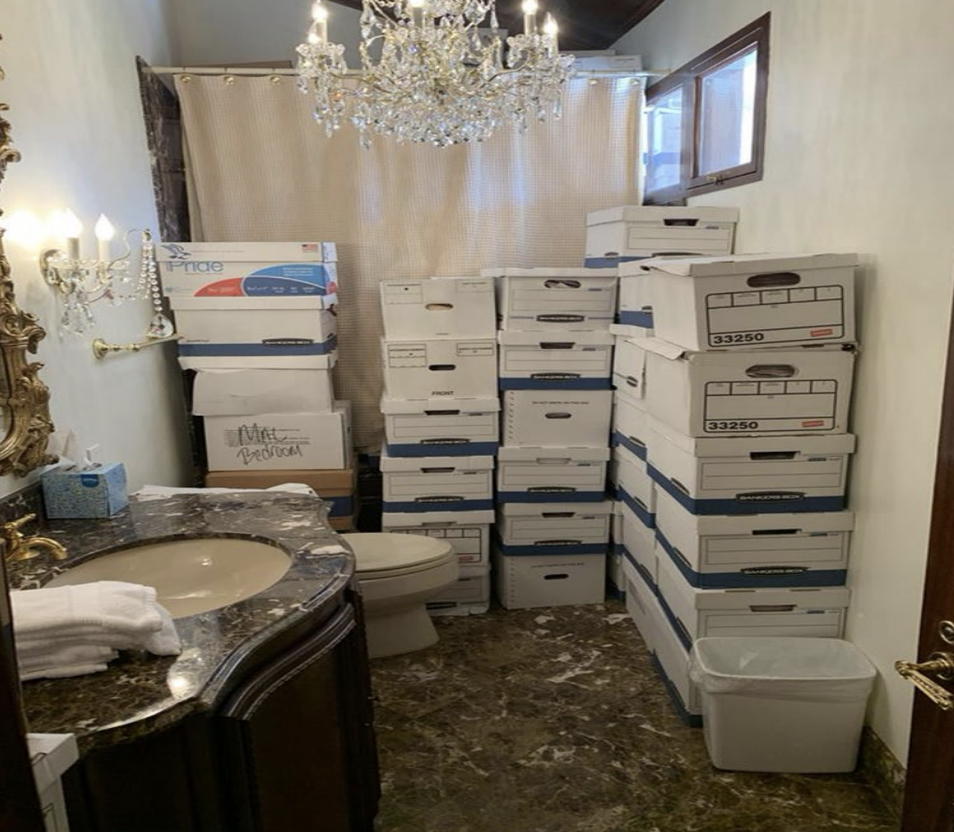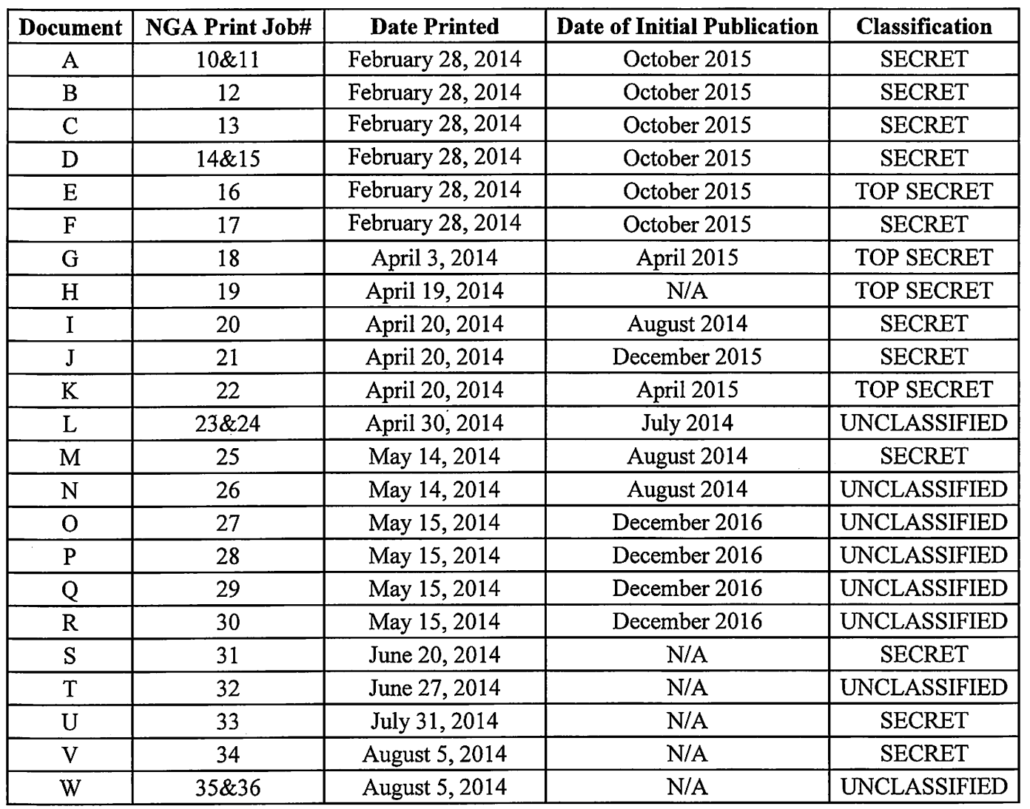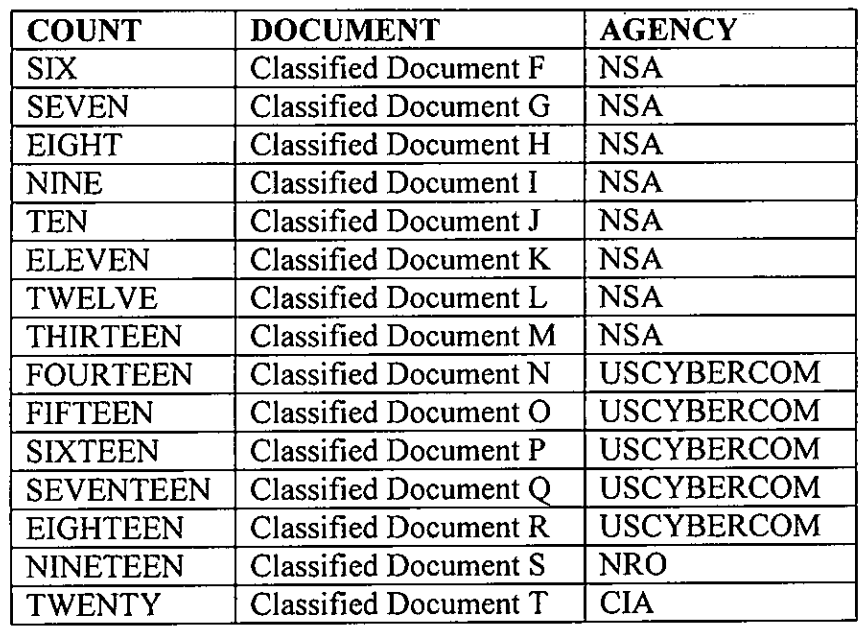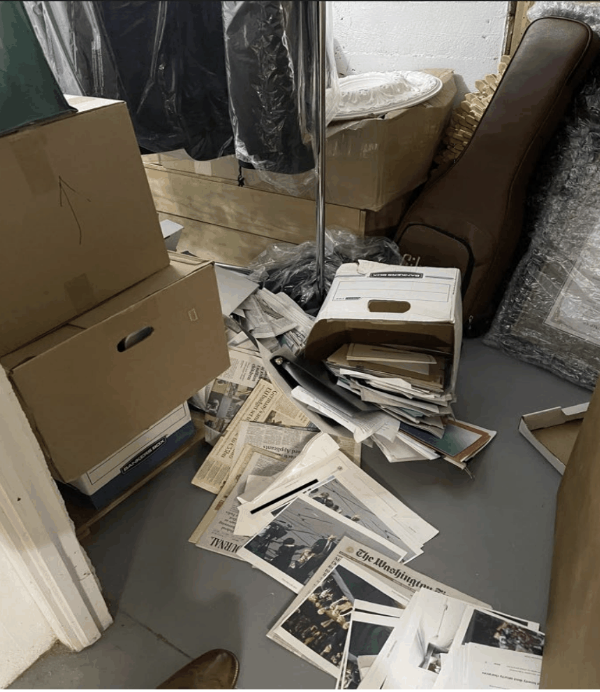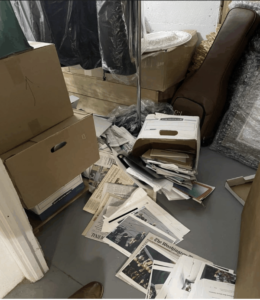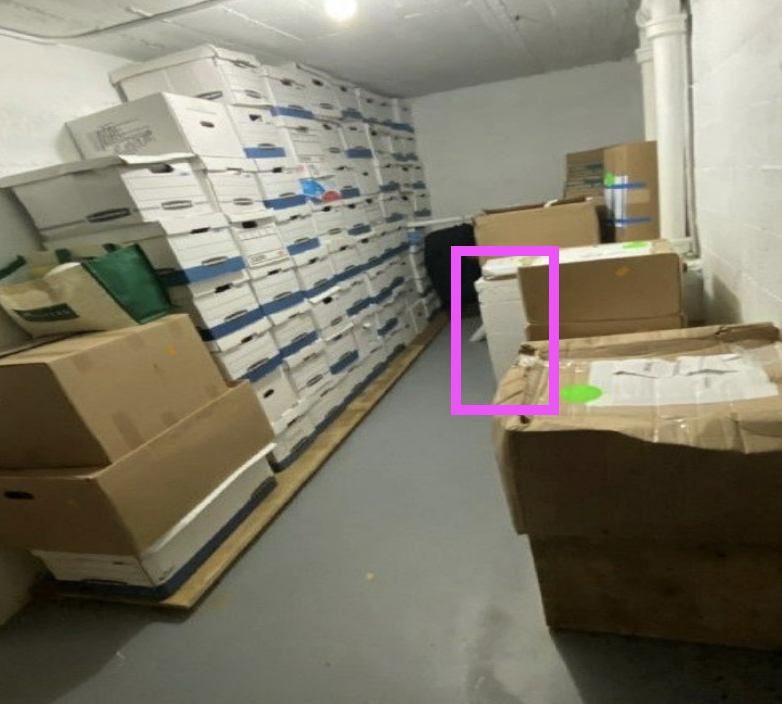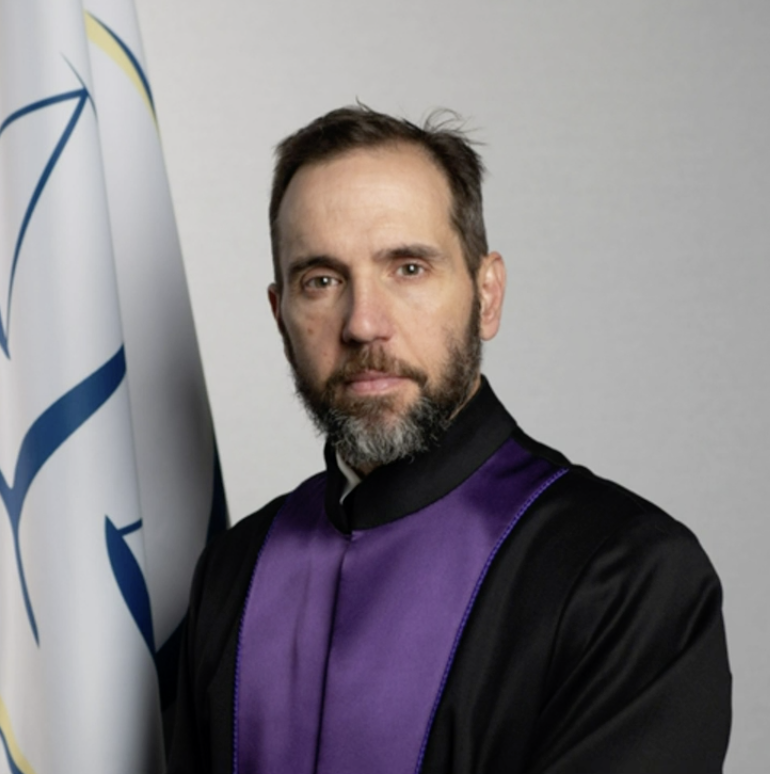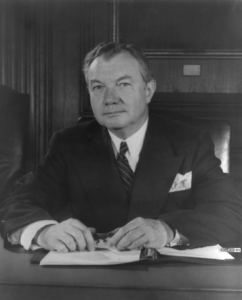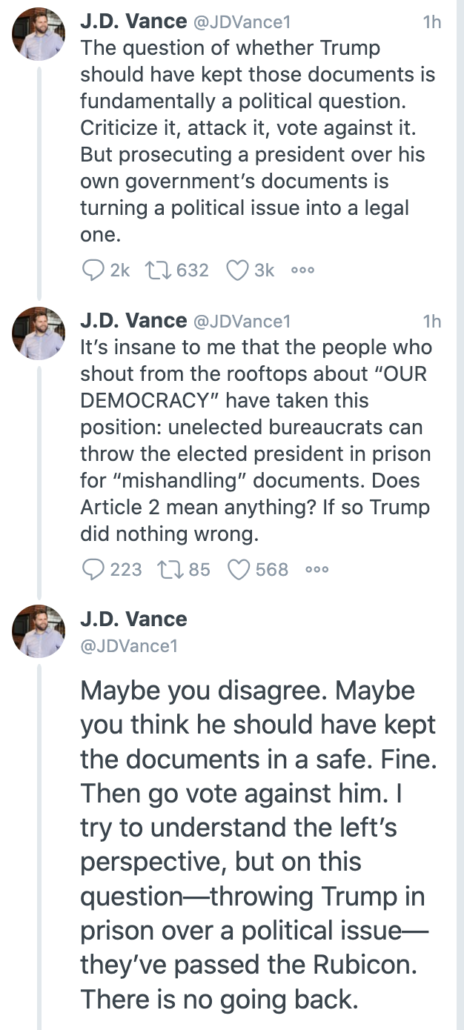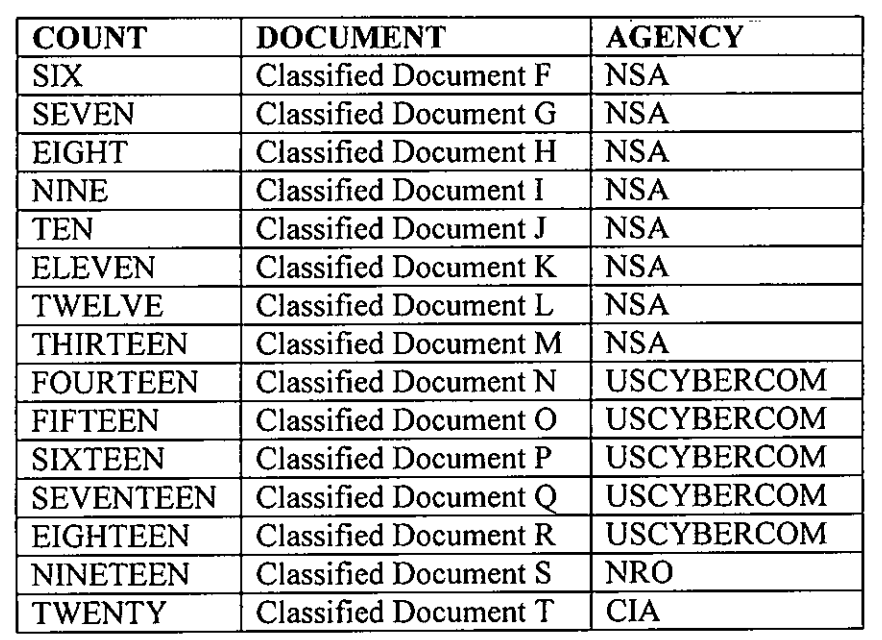Trump’s “Beautiful Mind Paper Boxes:” Jack Smith’s Points of Leverage
In this post, I laid out how DOJ really really really tries to plead out 18 USC 793(e) cases if it can do so, to avoid doing any more damage to national security, on top of the original compromise. That’s true even with a garden variety Green Beret who brought classified documents about a gripe home from work. All the more so if it’s the former President who compromised hundreds of highly sensitive documents.
But as we’ve seen over the ten months since the search of his beach resort, Trump is highly unlikely to do that.
What would it take — Jack Smith’s team may have brainstormed before they filed this — to get Trump to enter into a plea agreement?
So I want to return to my argument that the Mar-a-Lago case is tactical — a tactical nuke, I called it. Partly, I think it is designed to give Walt Nauta very good reason to plead and cooperate, to what end and import I only have guesses.
Partly, I think charging 31 incredibly sensitive documents is a different kind of threat to Trump than it is to most people, because of his narcissism.
Those 31 charged documents are, taken together, a bunch of stories that prosecutors can tell about why Trump stole classified documents. The reason prosecutors included some are pretty easy to guess. Document 19, which concerns US nukes, is classified Formerly Restricted. Under the Atomic Energy Act it could not be declassified by the President alone, so that document will be legally easier to prove to be National Defense Information covered by the Espionage Act than others might, even if jurors don’t get the import of protecting information on America’s nuclear weapons. Some, like document 11, an unmarked document that captures military contingency planning of the United States, seem to be another example of stuff that is obviously NDI, information that is closely held precisely because doing so is necessary to protect US security, regardless of classification level (and may have been selected because it doesn’t include classification marks). Others, like document 3 and document 23, appear to have Sharpie notes, which may provide some hints about why Trump stole them. Matt Tait thinks document 7, memorializing October 28, 2018 communications with a foreign leader, might record a call with Putin or Mohammed bin Salman, post Khashoggi execution, both of which could be highly embarrassing for Trump. Based on its date, Tait argues that the other document pertaining to nukes in Trump’s stash, document 5, likely pertains to Russia. Brian Greer thinks the charged documents turned over on June 3, most of which are from the fall 2019 period during impeachment, could be a coherent set. Whatever else document 8 is — it is described as an October 4, 2019 Five Eyes document — the spillage picture from the storage closet would amount to proof that by storing it insecurely, Trump made it accessible to at least two people who no longer had clearances.
Whatever these documents are, his closest aides considered him to be obsessed with them. Employee 2 — according to WaPo, this is Trump’s then-Executive Assistant, Molly Michael — described the boxes as Trump’s “beautiful mind paper boxes” as she debated with a colleague about where to stash them. Trump went to great lengths to curate and keep these documents; they became tied to his self-imagination of power, it seems. He told Evan Corcoran, “I don’t want anybody looking, I don’t want anybody looking through my boxes, I really don’t, I don’t want you looking through my boxes.” As bad as it is for Trump that the government seized these documents from him, it might pose a far greater injury to his ego if they were shared in court for all the world to see who he really was. We’re all going to get to look at Trump’s boxes if this goes to trial. All of us.
And while the timing of this prosecution cannot be predicted (aside from that the CIPA process will take a lot of time), such an injury to Trump’s ego might be greater if “his” boxes were to become public in the middle of the general election, which is about the earliest that might happen.
So, bizarrely, as hard as it would be for the spooks to declassify these for trial, it might do as much damage to Trump’s psyche to have the contents of “his” “beautiful mind paper boxes” shared for the entire world to see. It would shred the sense of power that he derived from them (and in many cases, would show that many of his public claims about what — say — Mark Milley had really said were false). And so keeping them secret might be something about which Trump and DOJ could come to some kind of agreement.
But that’s not the only point of leverage that Smith has.
Because Trump decided to announce his Presidential run early in a bid to stave off criminal charges, Merrick Garland appointed Jack Smith to oversee both criminal investigations into Trump, the stolen documents case and the January 6 case. At the very least, that means that in the not-too-distant future, Smith will file additional charges against Trump and his close associates, in DC. Since Trump will be dealing with the same prosecutor, Smith, in both, if he wanted to settle one case — say to stave off having his “beautiful mind paper boxes” exposed in Florida — Smith could attempt to include a settlement in a second case in any negotiation.
You still have to get Trump to a position where he wants to settle, but having the same prosecutor oversee both cases simply gives him more flexibility, flexibility that might be able to find a just result for the country.
And the way in which these cases intersect may provide Smith additional tools. Several witnesses in the stolen documents case also have exposure in one or another aspect of the January 6 case. Trump Representative 1 is — again, per the WaPo — Alex Cannon. The January 6 Committee documents showed Cannon to be a key player in (not) vetting fundraising pitches for false claims; but he was also involved in attempts to limit the damage of Cassidy Hutchinson’s testimony.
No one has yet identified Trump Attorney 2, but it may be Boris Epshteyn, who had his phone seized last September and already sat for two days of interviews with Smith’s prosecutors. Trump will go to court today represented by Todd Blanche, who also represents Boris. And Boris’ close associate and partner in crypto-corruption, Steve Bannon, received a subpoena from the Special Counsel last month.
Perhaps the most important of these players common to both criminal investigations, however, is Michael, and that enigmatic comment, “Oh no oh no … I’m sorry potus had my phone” is one of the reasons why. Michael was one of Trump’s most important gatekeepers leading up to January 6, and the logs of his calls from that period were mysteriously not kept. When the January 6 Committee questioned her about events, Michael professed not to remember a lot of things from that period. When the January 6 Committee asked her about her phone — the phone that Trump would sometimes use — she explained that her lawyer had pulled off any texts relevant to the event, but did not provide more. Because Trump made Michael a central player in his effort to steal classified documents, Jack Smith appears to have obtained her phone, a phone that would show some of Trump’s communications, as well as her own.
Indeed, that reference to Trump having her phone on December 7, 2021, may be as much about what he was doing with it as what she said to Nauta once she got it back.
More importantly, these overlapping players have witness testimony about more than the attack. Most if not all of them, as well as most if not all of their known attorneys, are the beneficiaries of the suspected campaign finance fraud that has become a second prong of Jack Smith’s investigation — the investigation into how Trump raised money from small donors promising to use it on election integrity and instead used it on paying lawyers for other criminal exposure (and, as noted, that’s the area where Cannon’s known legal exposure is greatest). We may learn more about how DOJ feels about that today, if DOJ asks for a conflict review of Stan Woodward’s representation of Walt Nauta.
The indictment charged Nauta. But it is very coy about the degree to which the other named witnesses, especially Michael and Epshteyn, have cooperated or might be exposed elsewhere.
And that’s important because of the other elements that don’t show up in this indictment. Michael is the one who ordered Chamberlain Harris to make copies of Trump’s schedules, for example, which in the process resulted in the dissemination of classified information. Michael is the most likely candidate to be the person who compiled one Secret and one Confidential document into one with messages from a pollster, a faith leader, and a book author. One uncharged crime in Trump’s existing indictment describes him sharing classified information with a representative of his PAC (and the paragraph immediately following that one hints that the information may have subsequently been shared with the press). The last thing Jay Bratt did before obtaining this indictment was to interview Taylor Budowich about shared knowledge of Trump’s employees that he was hoarding documents.
As far as we know, Trump appears to have kept the most spectacular of these documents for himself. “I don’t want anybody looking, I don’t want anybody looking through my boxes, I really don’t, I don’t want you looking through my boxes,” Trump told the attorney he had hired to search them. But the more mundane documents — such as the Iran document that disappeared forever after it was publicly aired at Bedminster in July 2021 — appear to have been exploited by the same Political Action Committee that was already the subject of Smith’s increasingly interlocking inquiries.
Trump lied to his small donors about how he was going to use their money. But he also appears to have taken documents when he left the White House — documents that belong to you and me — that he has since put to his own personal and political benefit. Some of those documents are classified.
And so — especially given the suggestion that Smith needed his indictment to go back to a grand jury still working in DC — Jack Smith may have more points of leverage over Trump and his closest associates, including points of leverage that remain almost entirely hidden.
Update: As I was writing this, Lawfare published a similar piece on shoes yet to drop.

